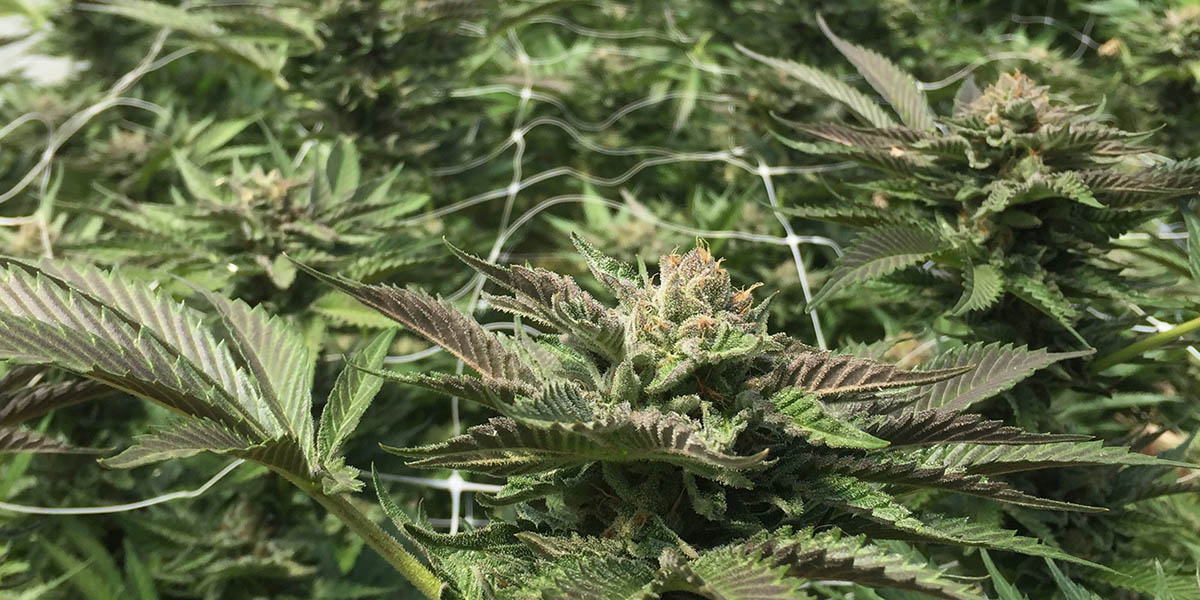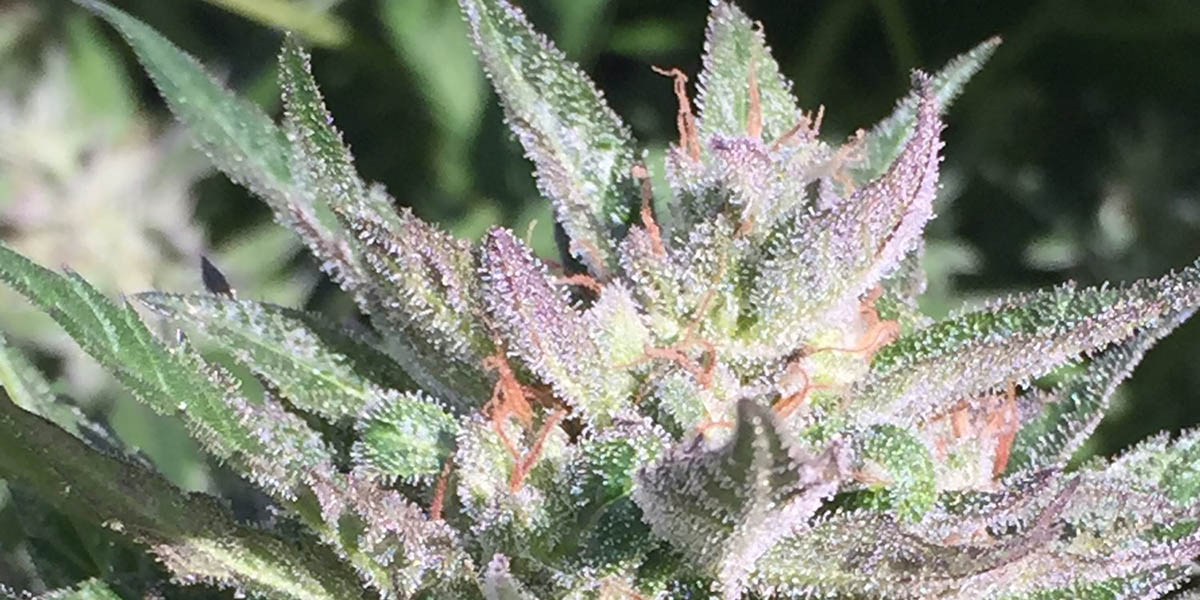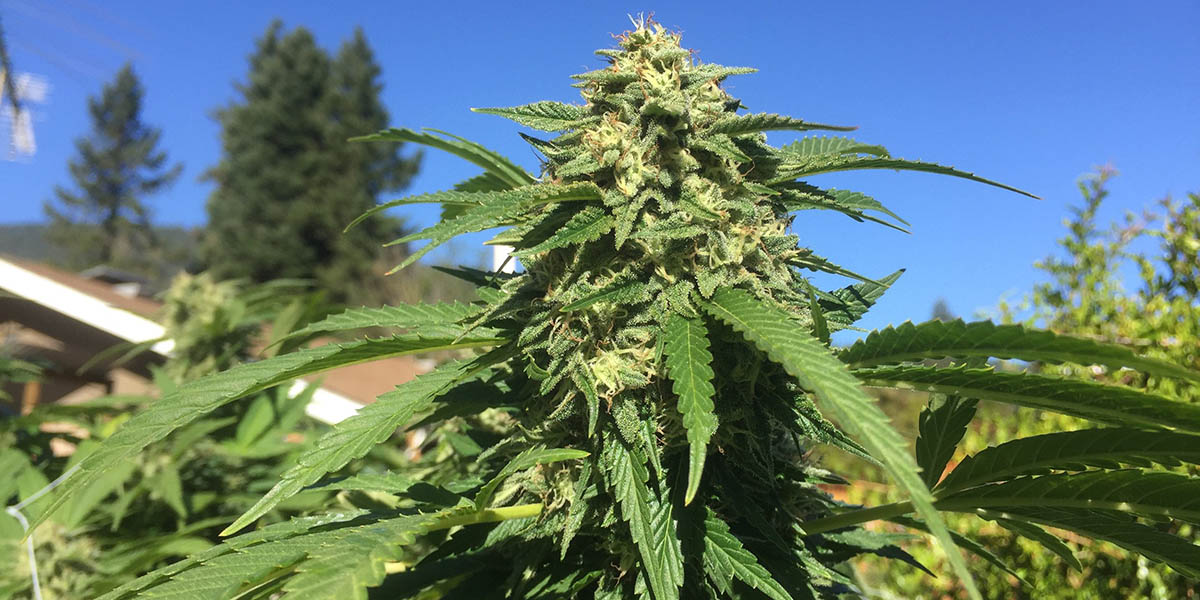Compost Teas Proven as Effective Biocontrol Agent to Inhibit Plant Diseases
Thanks to Compost Tea Lab for sharing some scientific research regarding how and why compost tea works.
Utilization of compost tea for biochemical response assessment associated with resistance to phytopathogen causing leaf spot in Melicope ptelefoli
October 2018
Organic Agriculture
Link Here
Malaysia’s warm temperatures and wet climate create almost greenhouse like conditions that can be great for growing plants, but also great for culturing plant-disease causing fungi. Researchers from Malaysia’s University of Technology wanted to determine what affect compost tea had on the growth of the leaf spot causing Grammothele lineata. The test plant was the Asian herb Melicope ptelefolia which is known for it’s edible and medicinal qualities.
…Compost Teas Proven as Effective Biocontrol Agent to Inhibit Plant DiseasesRead More »
Compost Teas Proven as Effective Biocontrol Agent to Inhibit Plant Diseases Read More »





